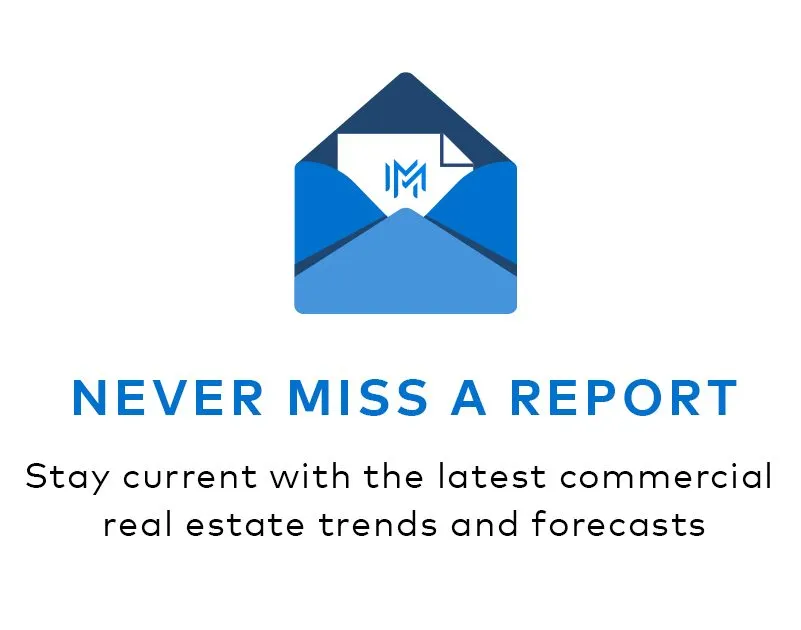Read the latest Yardi Matrix National Multifamily Market Report.
Advertised rents gained $4 to $1,739 in June, up 0.6% year-over-year and 1.5% year-to-date.
Report highlights:
- The U.S. average advertised rent gained $4 to $1,739 in June, for a 6% increase year-over-year.
- Renter-by-Necessity rent outperformed Lifestyle by 10 basis points, up 0.3% month-over-month.
- Investment activity totaled $19.3 billion through May, down 24.0% from the same period last year.
- Single-family rents rose 1.1% year-over-year through June to $2,166, marking the first dip since late 2023.
Rent deceleration continues
The U.S. average advertised rent rose 0.6% year-over-year through June, or $4 to $1,739. During the first half of the year, national rents rose 1.5% and 1.0% during the second quarter. The performance is below the average recorded in the five years preceding the pandemic, but considering the market environment, the results are encouraging. Demand is sustained by strong employment gains, low unemployment rate, foreign immigration and weak home sales. The national occupancy rate remained at 94.5% in May, down 0.5% year-over-year, and of Yardi Matrix’s top 30 metros, it increased only in Las Vegas (0.4% to 93.3%).
Rent growth was highest in the Northeast and Midwest, led by New York City (4.8% year-over-year), Kansas City (3.4%), Columbus (3.2%) and New Jersey (3.1%). Negative rent growth is intensifying again in several Sun Belt metros, headed by Austin (-6.5%), Atlanta (-3.6%) and Raleigh (-3.3%).
On a monthly basis, advertised rents increased 0.2%, led by New York (1.1%) and Chicago, Kansas City and Portland (all 0.9%). Declines were reported in eight of the top 30 metros, with the largest drop in Austin (-0.8%). By asset class, Renter-by-Necessity rents rose 0.3% and Lifestyle 0.2%. New York (1.2%), Chicago and Portland (both 1.1%) recorded the largest increases in Lifestyle, and Indianapolis and Philadelphia (both 0.9%) led in RBN.
Expenses loom, SFR rents decrease
Some of the main headwinds for the rental markets remain interest rates and expenses. Per multifamily unit, expenses rose 8.0% year-over-year to $8,890 in 2023, and 8.2% in 2022. Last year’s expense growth was led by property insurance (up 29% year-over-year), marketing (12.7%), administrative (10.8%) and repairs/maintenance (9.8%). The average increase in total expenses over the last two year was more than double the 3.4% average growth rate of the previous four years. Yet, expense growth seems to be moderating, as through April 2024, the increase was of 4.2% on an annual rate, and insurance premium growth has cooled.
Advertised rents for single-family rentals fell $3 in June to $2,166, for a 1.1% year-over-year increase. This marked the first decline since late 2023. Best performers from a rent/occupancy perspective were Lansing, Mich. (rents up 12.1% year-over-year, occupancy up 3.4%) and Raleigh (rents up 11.6% year-over-year, occupancy up 1.6%). Meanwhile, occupancy stood at 95.4% in May, higher in RBN (96.8%) than Lifestyle (95.0%).
Read the full Yardi Matrix Multifamily National Market Report: June 2024.











Add Comment